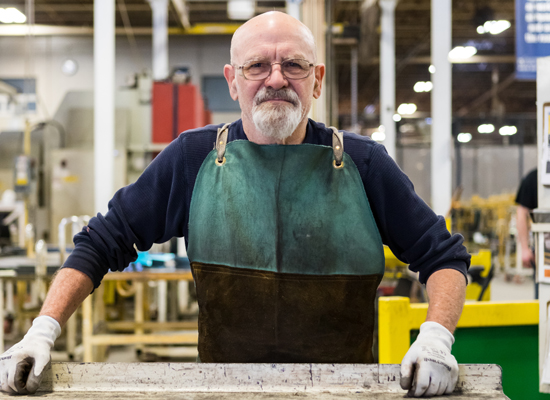
New Zealand has one of the highest proportions of older people still working, and Levin is no exception. As the local population ages, many residents are choosing to remain in the workforce well beyond retirement age, contributing their skills and experience to the community.
Nationwide, around 24% of people aged over 65 are still working — a much higher proportion compared with countries like Australia, where the figure is 12%, or the United Kingdom, where it is just 10%. In Horowhenua, which has an older-than-average population, many older residents continue to play an active role in the workforce. Levin has long been known as a popular destination for retirees, but more of them are choosing to stay in paid work, contributing both to the economy and their own wellbeing.
The number of older people remaining in work has risen dramatically. Recent Census data shows that in Tasman, total hours worked by people aged over 65 increased by 69% between 2013 and 2023. In Horowhenua, older residents are likely playing a similar role in keeping the workforce steady, especially in sectors like retail, horticulture, and healthcare.
Financial pressures are a key reason older people stay in the workforce. A recent Retirement Commission survey found that 37% of New Zealanders aged over 65 said their financial situation had worsened in the past two years. Among those still working, 36% said they had to keep working to make ends meet. Others, however, keep working to maintain a better lifestyle. Seasonal jobs in horticulture and other industries offer older residents a chance to supplement their income, particularly in places like Levin.
Older workers bring valuable experience and knowledge. Research from Massey University shows older adults who keep working tend to have better physical and mental health. Nelson population expert Nicky McDonald said older people remain active in their communities and bring a wealth of experience to their roles, filling gaps in industries struggling to attract younger workers.
Employers can help retain older workers by offering flexibility, such as part-time roles or phased retirement plans. Some workers may prefer shorter hours or need tasks adapted to suit their needs, such as transitioning from standing to sitting roles or mentoring younger staff.
Levin’s older residents have much to offer. Whether they’re working out of necessity or for the enjoyment, they are helping to keep the local economy moving while passing on valuable skills to the next generation.


















